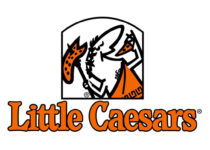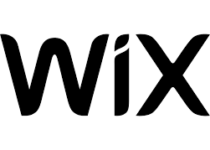Top 10 Slack Competitors In 2023
Slack Technologies is an American software company headquartered in San Francisco, California. It was founded in Vancouver, Canada, by Serguei Mourachov, Cal Henderson, Eric Costello, and Stewart Butterfield in 2009. The company also has offices in 13 other major cities around the world with operations in over 150 countries. It offers Slack, a business communication platform that enables collaboration among team members. Slack comes with several IRC-style features such as direct messaging, private groups, and channels organized by topic. The platform has over 119,000 paying customers and more than 12 million daily active users. Its revenue in the last financial year was $630 million. The company has 2,045 employees.
| NAME | Slack Technologies, Inc. |
| FOUNDED | 2009 |
| HEADQUARTERS | San Francisco, California |
| SIC CODE | 7385 |
| STATUS | Public |
| INDUSTRY SECTOR | Technology Services |
| EMPLOYEES | 2,045 |
| TRADING SYMBOL | NYSE: WORK |
Slack similar companies:
Flock, Facebook Workplace, Microsoft Teams, Mattermost, Chanty, Ryver, Cisco Jabber, Atlassian, Troop Messenger, and Asana.
How Slack Makes Money
Slack is one of the pioneers of business communication. It provides a platform for organizations to increase collaboration, transparency, and organizational agility. Slack also offers integration with various third-party apps. In the last financial year, the company made $630 million in revenue. The platform has over 12 million active daily users. How does it make its money?
The company has a freemium business model. The platform is free to use for everyone. But customers can also pay to get access to advanced features. According to Slack, the platform has more than 119,000 customers on paid subscriptions. For the paid plans, Slack offers three subscription packages. These are Standard, Plus, and Enterprise Grid. The basic plan, Standard plan, starts at $6.67 per month for every user. The second package, Plus plan, costs $12.50 per month per user. The Enterprise Grid is targeted at regulated industries and extra-large businesses. Its pricing depends on the business needs of users.
Slack only charges customers for workers who are actively using the platform. Paying customers make about 16% of Slack’s total customer base. Some of Slack’s most prominent customers include Electronic Arts, Oracle, Lyft, Shopify, and Airbnb.
Flock
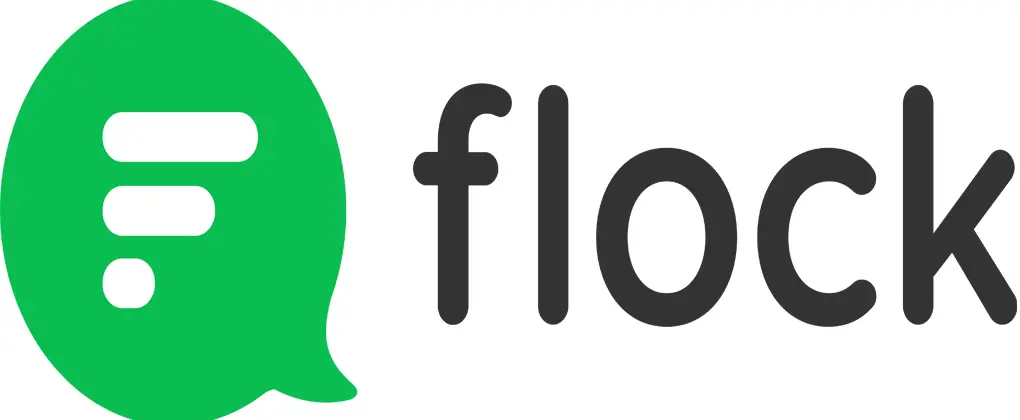
Founded in 2014 by Bhavin Turakhia, Flock is an Indian messaging app that supports standard messaging, group chat, audio and video calls, and screen sharing among other features. The platform is available in multiple languages including Portuguese and Spanish. The company is headquartered in Mumbai, India. It operates the platform on a freemium model with the paid plans starting at $4.50 per month. As of 2019, the company had 200 employees and a revenue turnover of $3 million.
According to Forbes, Flock offers richer features and deeper integrations to users than Slack. For instance, on Flock, users can do get polls and to-do lists in-app. This would require third-party integrations on Slack. It is also cheaper compared to the latter. Flock markets itself as offering a more powerful business communication platform at a third the price of Slack. But its revenue is just a fraction that of Slack.
Facebook Workplace
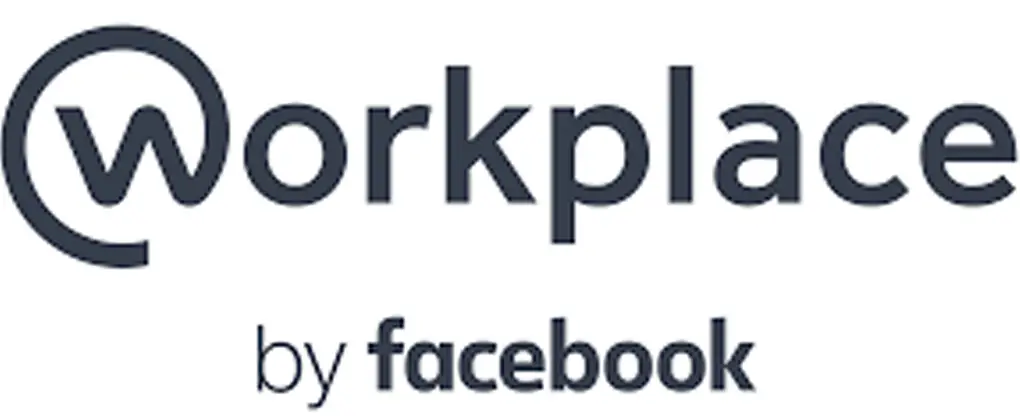
Social networking platform Facebook launched Facebook Workplace in 2016. It works just like regular Facebook where users can post updates, view posts from others, watch live broadcasts, and discuss projects in groups. But it is closed to business entities only and the accounts are separate from the regular personal accounts. While the platform is free for non-profit organizations, Facebook charges $4 per month for every active user. As of 2019, Facebook Workplace had over 2 million paying customers and brought in $825 million of Facebook’s revenue. Facebook is headquartered in Menlo Park, California, and has 48,268 employees.
Facebook Workplace is one of the biggest platforms trying to overtake Slack as the business communication tool of choice. While it made more revenue than Slack, the money also includes other fees paid by users. But Facebook Workplace still costs half the amount of money Slack charges per month for every active user. One of the wins Slack has over Facebook Workplace is that users can be able to edit direct messages while the latter doesn’t offer that capability.
Microsoft Teams
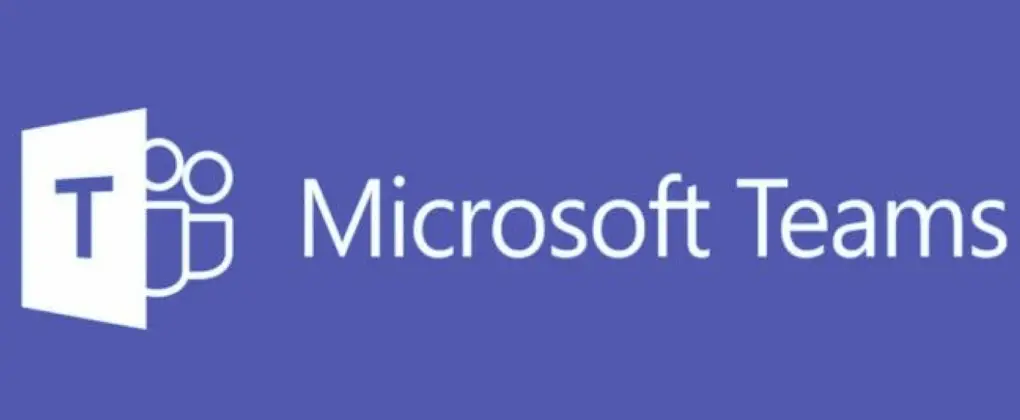
Microsoft Teams was launched in 2016 by Microsoft. It is a unified communication and collaboration platform available in around 181 countries across the world. The platform allows for integrations with the Office 365 suite and other third-party plug-ins. Users can create meetings and share files among other functions using Microsoft Teams. The platform comes as part of the Office 365 subscription. There is a free package while paid packages start at $5 per month for every user. As of 2019, Microsoft Teams had more than 13 million daily active users. The company made $46.4 billion from its Office 365 business segment. Headquartered in Redmond, Washington, Microsoft has 144,000 employees.
Before Microsoft developed Microsoft Teams, it made an attempt to acquire Slack. It has since grown and overtaken Slack. The integration with other Office 365 products such as Word and Excel makes Microsoft Teams the preferred business communication platform by enterprises. It also has unmatched security levels besides larger storage compared to Slack. In terms of revenue, it is unlikely that Slack will be catching up any time soon.
Mattermost
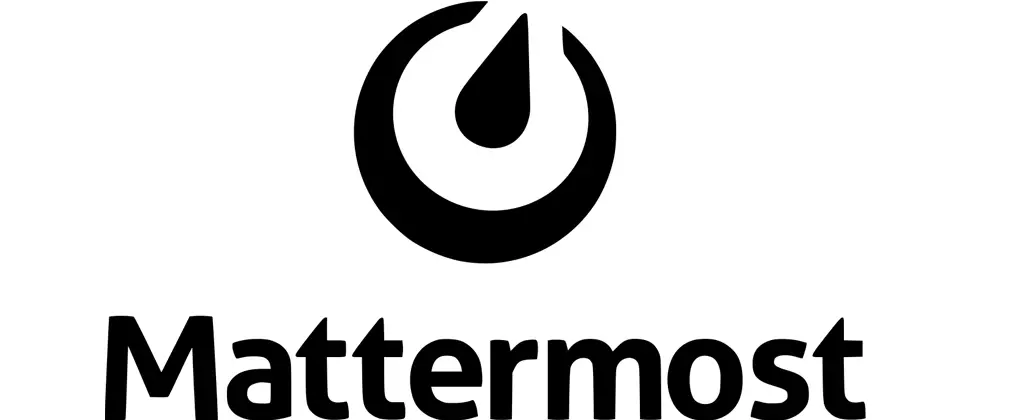
Mattermost is an open-source, self-hosted online chat service that allows companies and organizations to share files and perform other business communication functions internally. The platform is deployed on company servers instead of online registration. Mattermost costs $3.25 per month for every user which is billed annually. The company was founded in 2015 and is headquartered in Palo Alto, California. In 2019, it had 139 employees and a revenue turnover of $20.4 million.
Mattermost markets itself as a business communication platform that allows users control of their communications. It is an open-source platform that is self-hosted. One of the advantages of this is that users can easily resolve privacy concerns and security issues. But it still can’t match up to Slack in terms of the number of active users and revenue.
Chanty
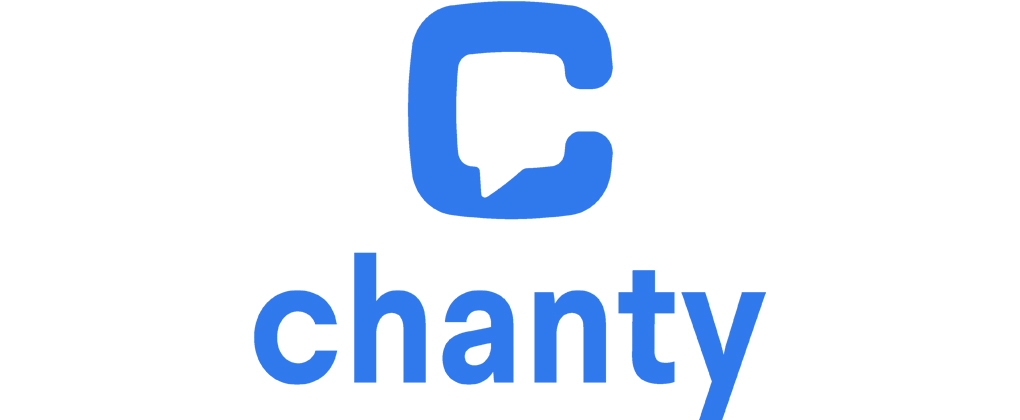
Chanty was founded in 2017 by Dmytro Okunyev. It is headquartered in New York City, New York. the company provides enterprises and organizations with a business communication platform for sending text messages, voice messages, and making both audio and video calls. Users can organize chats into one-on-one conversations, private chats, and public chats. They can also turn messages into tasks which are then assigned to team members. As of 2019, the company had 36 employees and $7 million in revenues.
Chanty was specifically developed to rival Slack. It, therefore, shares a lot of similarities with the latter. Except that Chanty sees itself as a more affordable and faster alternative to Slack. It has a free subscription plan with the paid plan starting at $3 per month. On the other hand, Slack’s paid plans start at $6.67 per month. But Chanty can still not stand up to Slack in terms of revenue. But Slack had an 8-year headstart.
Ryver
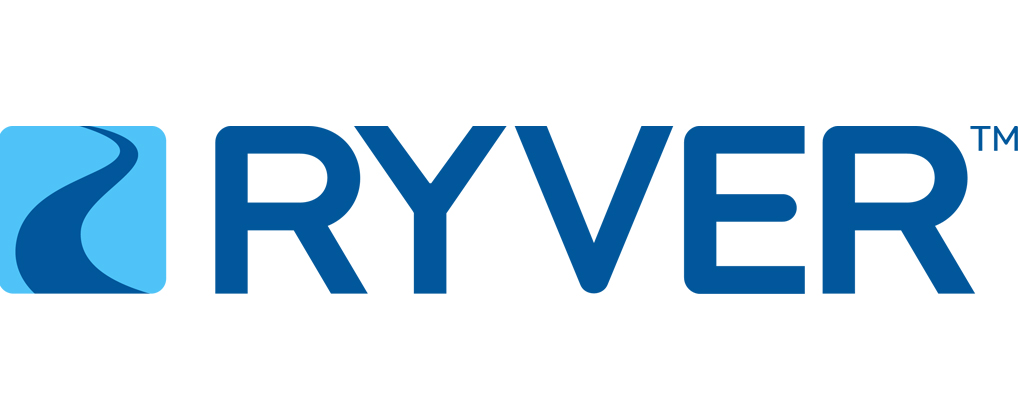
Ryver was founded in 2014 by Pat Sullivan with the goal of making it easier for teams to collaborate beyond emails. The company is headquartered in Scottsdale, Arizona. The platform seeks to improve workplace productivity by combining communication and task management into a single too. Ryver gives users the option of turning messages into trackable tasks. Its paid plans start at $49 per month. The company made $840,000 in revenue. Ryver has 20 employees.
Ryver seeks to make business communication more agile by combining communication and task management. It is one of the best task and content management tools in the market. Ryver also offers better call quality as it comes with an in-built audio and video conversation solutions. But when it comes to integration, Slack wins hands-down. Slack also wins in terms of the overall revenue.
Cisco Jabber
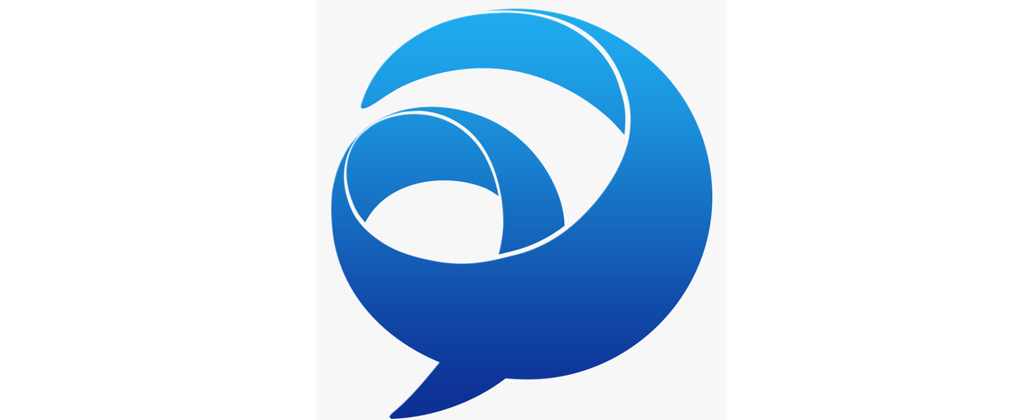
Cisco Jabber is a unified business communication platform offered by Cisco. It helps to facilitate communication and collaboration among team members of an organization. Users get access to voice and video conferencing, messaging, and multiple device screen sharing capabilities. Other features of the platform include multilingual support. Cisco acquired the company (Jabber Inc.) in 2008. Cisco has 75,900 employees. Headquartered in San Jose, California, the company had a revenue turnover of $51.7 billion in 2019.
Besides being easy to use, Cisco Jabber also offers great call quality to members. But it doesn’t keep the chat history for an extended period of time. It also automatically logs out users after a period of time. While the Cisco revenue is way above that of Slack, it also combines the other business segments. In the business communication space, Slack faces little competition from Cisco Jabber.
Atlassian
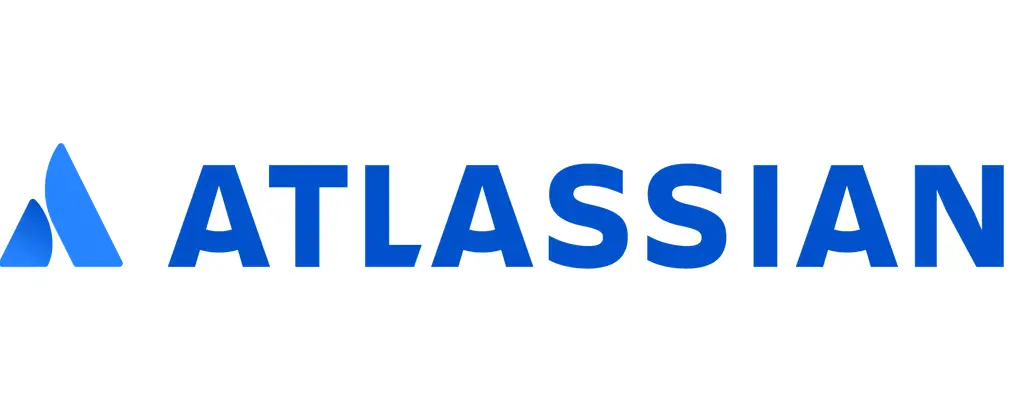
Headquartered in Sydney, Australia, Atlassian is an enterprise software company that develops software development, project management, and content management products. The company was founded by Mike Cannon-Brookes and Scott Farquhar in 2002. Its most popular products include Jira, Confluence, and Trello. Confluence and Trello are collaboration tools targeted at enterprises. Atlassian has more than 170,000 paying customers. As of 2019, the company had 3,616 employees and a revenue turnover of $1.21 billion.
While Slack is superior to Atlassian when it comes to business communication, the latter has more capabilities and offers a full suite of tools for businesses that help in fostering digital collaboration in teams. Atlassian also posted more revenue than Slack.
Troop Messenger
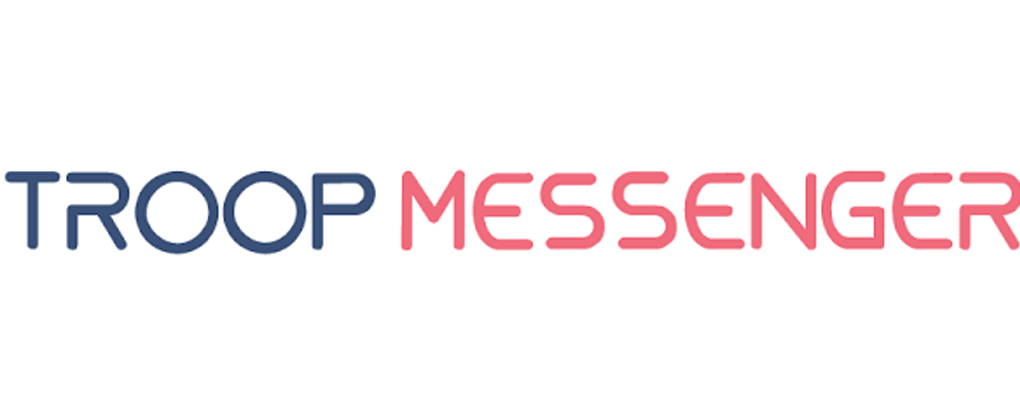
Troop Messenger is a business messenger platform that seeks to improve communication and collaboration among team members. It is a two-way SaaS-based team communication platform that allows users to connect, discuss, and share work across a single interface. But large enterprises, government institutions, and defense organizations use APIs and on-premise edition of the platform. The platform was established in 2017 by Tvisha Systems Pvt Ltd. As of 2019, the company had 97 employees and $16.1 million in revenues.
Troop Messenger was only introduced in the industry three years ago. And it aims to replace Slack as the business communication platform of choice. Going by its revenue, that is quite a long shot. We will have to wait and see if it’s very cheap pricing of $2.5 per month for every user convinces some of Slack’s customers to shift camp.
Asana
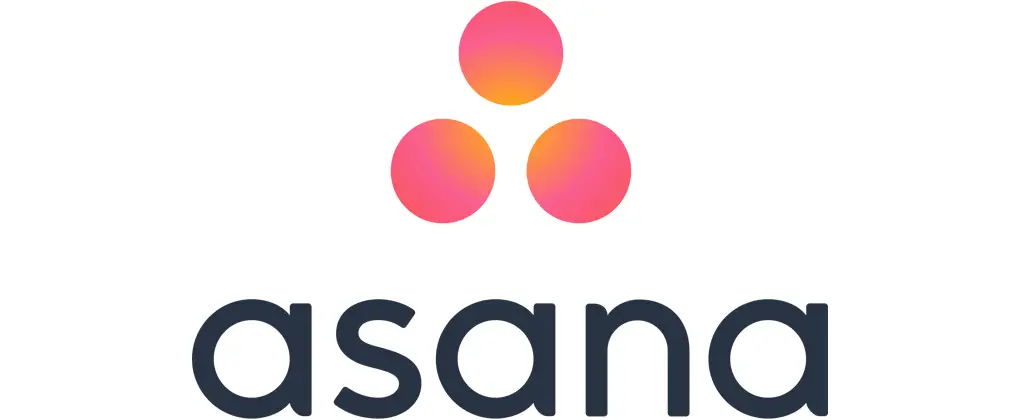
Asana was founded by Dustin Moskovitz and Justin Rosenstein in 2008. It is a platform that helps teams to organize, track, and manage work. It also allows teams to collaborate on work remotely. Asana comes with a free package while paid plans start at $10.99 for every user. The company is headquartered in San Francisco, California. As of 2019, it had 500 employees and a revenue turnover of $100 million.
Both Asana and Slack are tools targeted at business teams. But they differ in their primary functions. While Slack is primarily a business communication tool, Asana leans more towards project management with features to enhance communication among team members. But their layout and design are almost similar to each other. In terms of revenue, Slack made almost six times what Asana made in 2019. Asana has a lot of work to do to get to the top.
Conclusion
The top 10 Slack competitors are: Flock, Facebook Workplace, Microsoft Teams, Mattermost, Chanty, Ryver, Cisco Jabber, Atlassian, Troop Messenger, and Asana. Their combined revenue for 2019 was $99.45 billion. They had a total of 272,776 employees among them. Microsoft Teams is Slack’s biggest competitor in the business communication software industry.
Competitors Stats
| NAME | FOUNDED | HEADQUARTERS | EMPLOYEES |
| Flock | 2014 | Mumbai, India | 200 |
| Facebook Workplace | 2016 | Menlo Park, California | 48,268 |
| Microsoft Teams | 2016 | Redmond, Washington | 144,000 |
| Mattermost | 2015 | Palo Alto, California | 139 |
| Chanty | 2017 | New York City, New York | 36 |
| Ryver | 2014 | Scottsdale, Arizona | 20 |
| Cisco Jabber | 2008 | San Jose, California | 75,900 |
| Atlassian | 2002 | Sydney, Australia | 3,616 |
| Troop Messenger | 2017 | Madhapur, India | 97 |
| Asana | 2008 | San Francisco, California | 500 |
